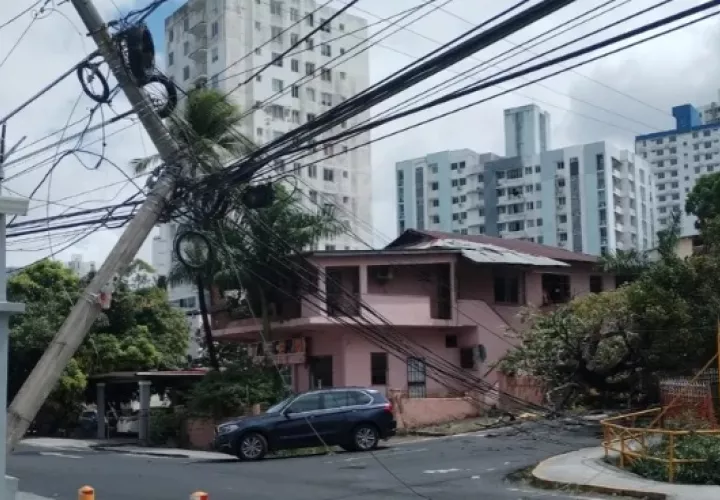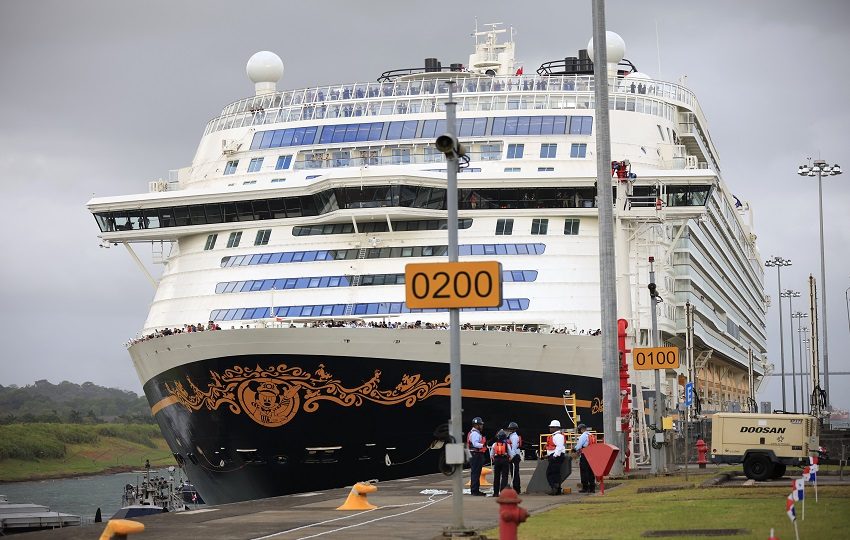Paradise on the cheap no more


THE DAYS when slick “resettlement” agencies could promote Panama as a low cost paradise where a couple could live like exiled royals for $1,000 or less a month have long gone.
I never discovered where they got their figures from or what standard of living they were referring to but, until as late as last year, one company run by fairly recently immigrants was still holding seminars in Panama city promising the Holy Grail on the cheap.
Today, If you are among the select few who can can afford rent of $3,000 a month to live in areas like Punta Pacifica, Costa del Este and Balboa Avenue, you might be able to imitate the royal life style, but if you don’t have the income that allows that, you will have to move down the ladder and discover that the arrival of foreign and multinational companies in the country has escalated rents in the capital city by 40% in the last five years.
In areas the real estate agents like to call “Class A”, square meter rentals are quoted at $ 11.30, ie., to rent an apartment of 250 square meters costs about $2,825 a month says a La Prensa report.
The construction of the Cinta Costera, which started with the previous government, has also pushed up real estate prices and rentals in the toney areas A flood down would be a better description than trickle down as the rising prices at the upper end have produced a chain effect throughout the city. In areas such as Parque Lefevre to rent an apartment of 70 square meters will cost close to $ 800. Five years ago the same apartment could be rented for $500 a month.
Add to that the escalating cost of living, and a well lined purse will be needed to move to Paradise.
For Panamanians who are classified as “middle class” when earning around $1,500 a month life in the big city is becoming unaffordable and the move to what in other countries are called the burbs, has become a flood. Getting a starter home far from the city is aided by special low interest mortgage rates, but without a high speed transportation system, promised for the future, Life in places like Arriajan and Chorrera often means getting up at 5.30 am or early to face the traffic snarl into the city. Ask your maid.





